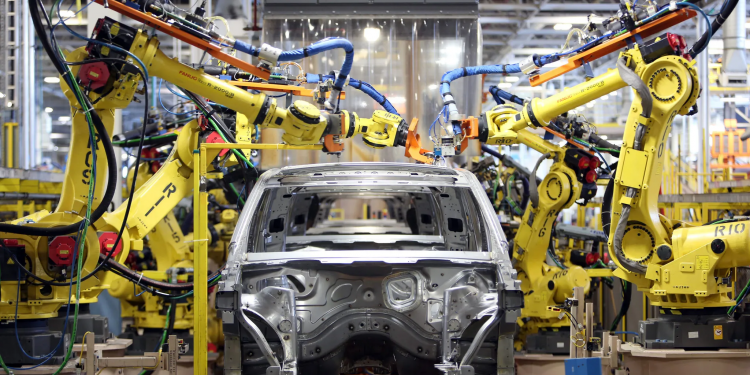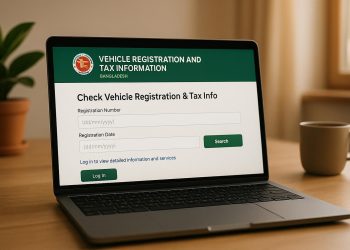As Bangladesh steers towards economic expansion, a comprehensive roadmap is unfolding to stimulate the growth of its automobile and automotive industry. Fueled by the success story of the two-wheeler market, the government, in collaboration with global partners, investors, and the local private sector, is gearing up to replicate this triumph in the broader automotive landscape.
Two-Wheeler Market Surge: Paving the Way for Progress
Over the last decade, Bangladesh witnessed a remarkable threefold growth in the two-wheeler market, with local manufacturing now dominating over 90% of annual unit sales. This success has become a cornerstone for the strategic roadmap to elevate the entire automobile and automotive industry.
Progressive Manufacturing Policy
The envisioned roadmap begins by incentivizing local assembling, aligning with the progressive manufacturing policy. The focus is gradually transitioning towards sourcing local components, ensuring a sustainable and self-reliant automotive ecosystem.
Collaborative Efforts for Success
Collaboration between the government, foreign investors, and the local private sector forms the bedrock of this ambitious plan. The synergy aims to harness collective expertise, technological advancements, and financial resources to catalyze the development of a robust automobile and automotive industry.
Government’s Call to Investors
Industries Minister Nurul Majid Mahmud Humayun invites foreign and private sector investors to establish vehicle and component plants in economic zones. The government’s proactive stance aligns with the growing demand for vehicles driven by the increasing purchasing power of the population.
Drafting the Automobile Industry Development Policy 2020
In alignment with the successful Motorcycle Industry Development Policy 2018, the government is finalizing the Automobile Industry Development Policy 2020. The draft addresses plans to phase out reconditioned vehicle imports, sparking discussions within the automotive landscape.
Private Sector Initiatives: Investments in Chattogram
Despite the policy still in draft form, leading local groups such as Uttara Motors, Ifad, Runner, and GPH, in collaboration with foreign partners, propose substantial investments of nearly Tk3,000 crore in Bangabandhu Sheikh Mujib Shilpa Nagar in Chattogram. This signals early enthusiasm for the emerging industrial park.
Conclusion
Bangladesh’s journey towards developing a robust automobile and automotive industry is gaining momentum. With proactive government policies, private sector initiatives, and global collaborations, the nation aims to accelerate toward a sustainable automotive future, contributing to economic growth, export diversification, and technological advancement.




